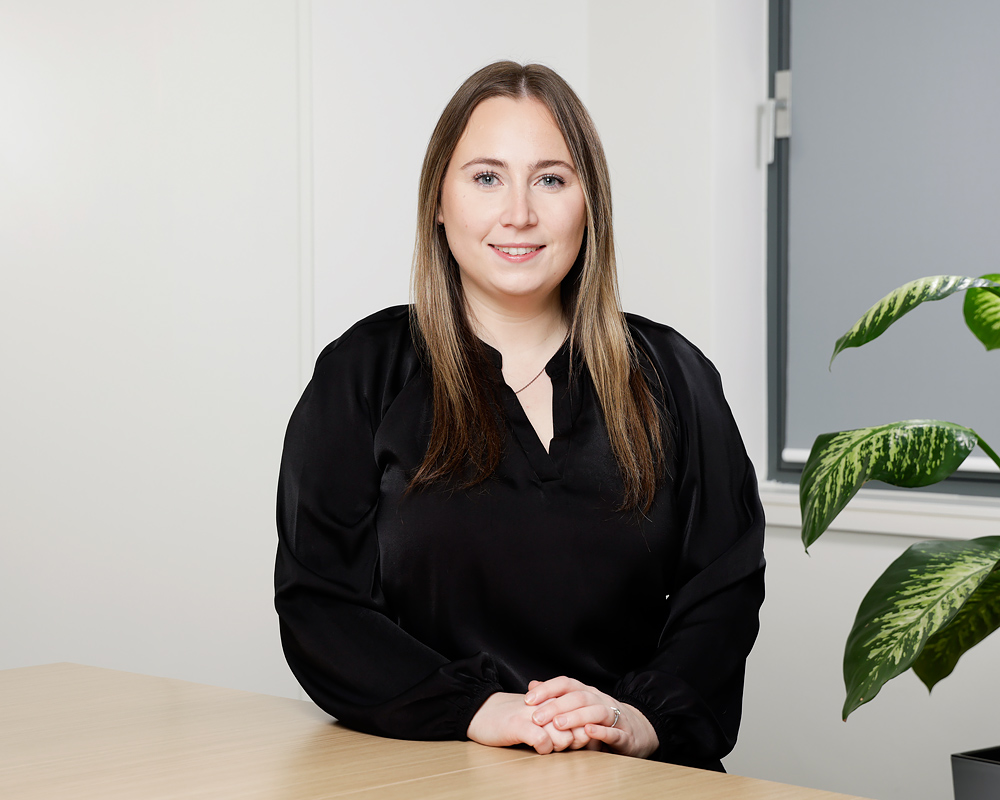As we reflect on 2025 in family law, aside from the numerous landmark legal judgements we have received, one phrase stands out: “The Year of the Code.” This year, the Resolution Code of Practice has moved from a guiding framework to a central force reshaping how family law professionals approach their work.
What is the Resolution Code of Practice?
The Resolution Code of Practice is a set of guidelines developed by Resolution, a national association of family law professionals. Its purpose is clear: to ensure that family law disputes are handled in a way that minimises conflict, prioritises the best interests of children, and fosters constructive resolutions – something all family law practitioners should strive to do.
I attended the National YRes conference in London last November, hearing for the first time that Resolution were dubbing 2025 the “Year of the Code.” The message was clear, Resolution were aiming for the Code not only to be a guideline and framework that we consider, but to galvanise the entire profession around a cultural shift. The goal? To deepen the Code’s impact in daily work and encourage lawyers to embrace its principles wholeheartedly. Placing the Code at the centre of our focus aims to embed its values into routine practice, making them the norm rather than the exception.
As a reminder, the Resolution Code of Practice requires its members to:
- Reduce or manage any conflict and confrontation; for example, by not using inflammatory language.
- Support and encourage families to put the best interests of any children first.
- Act with honesty, integrity and objectivity.
- Help clients understand and manage the potential long-term financial and emotional consequences of decisions.
- Listen to and treat everyone with respect and without judgement.
- Use their experience and knowledge to guide clients through the options available to them.
- Continually develop my knowledge and skills.
- Use the Resolution Guides to Good Practice in my day-to-day work.
The power of the language we use
One of the most tangible and meaningful shifts during the “Year of the Code” has been in the language we use as professionals. The Resolution Code of Practice encourages a constructive and respectful approach, and this begins with the words we choose.
In practice, I have noticed a welcome move away from the use of formal, impersonal salutations such as “Dear Sirs” and instead, addressing each other by name. The recent update to the Diversity and Inclusion Guidance from The Law Society asking that “Dear Sirs” no longer be used in correspondence demonstrates the unified thinking across all levels of the legal profession.
While it’s essential for family professionals to advocate for their clients, the way they communicate can either escalate conflict or help pave the way toward resolution. Referring to our respective clients by their names instead of “my client” or “your client” humanises the process and really brings to focus that we are dealing with individuals with their own unique lives and personalities and reduces unnecessarily hostility. This small shift aligns directly with the Codes aim of reducing and managing conflict.
The Family Solutions Group has been a driving force in raising awareness about the impact of language in family law, urging a shift away from adversarial terminology to promote greater cooperation and more positive outcomes for families. The five core principles they set out in their “Language Matters” paper perfectly encapsulate the ethos of the Code: plain English, personal, proportionate, problem-solving and positive futures. These principles encourage us to use language that is clear, empathetic, and solution-focused – essential qualities when guiding families through difficult times and something which should be prioritised.
Clarity and accessibility in a changing landscape
Using plain and clear English ensures that legal advice and processes are understandable, not intimidating. As the cost of living continues to rise, more people are navigating family disputes without full legal representation, either representing themselves or seeking occasional advice. In the context of the Year of the Code, clear communication is more important than ever. It supports access to justice, reduces misunderstandings, and helps ensure that everyone involved in a matter can engage meaningfully with the legal process.
The language we now use captures the spirit of the Code, emphasising respect, compassion, and solution-oriented thinking.
Non-Court Dispute Resolution (NCDR) and the Code
NCDR continues to grow and be an integral part of the family law landscape, aligning seamlessly with the Code’s objectives. Family practitioners now more so than ever before are using their understanding to guide clients through the range of options available to resolve disputes. In many cases, non-court routes such as mediation, collaborative law, or arbitration can offer a more constructive, cost-effective, and less adversarial way forward.
The family justice system is progressively incorporating non-court dispute resolution as a preferred pathway to settlement. Actively encouraging collaborative processes and carefully considering the appropriateness of NCDR at each stage of a case exemplifies the Code’s emphasis on fairness and long-term well-being.
Final thoughts
Reflecting on the Code of Practice in 2025, it is clear that this year has been transformative and a success. The Code has moved from theory to practice, shaping behaviours and expectations across the family law profession. As we look ahead to the future, it is essential that we continue to build on this momentum. The Code remains a vital tool in ensuring that family law remains focused on the long-term welfare of children and the well-being of families.
For separating couples, the choice of lawyer can shape not only the outcome of the case but also how the entire process feels. Instructing a Resolution lawyer means choosing someone committed to finding constructive solutions – someone who values fairness over confrontation and works to support long-term family well-being.
As 2025 draws to a close, the Year of the Code leaves a lasting legacy: a family law profession more deeply committed to prioritising empathy, clarity, and constructive resolution.


